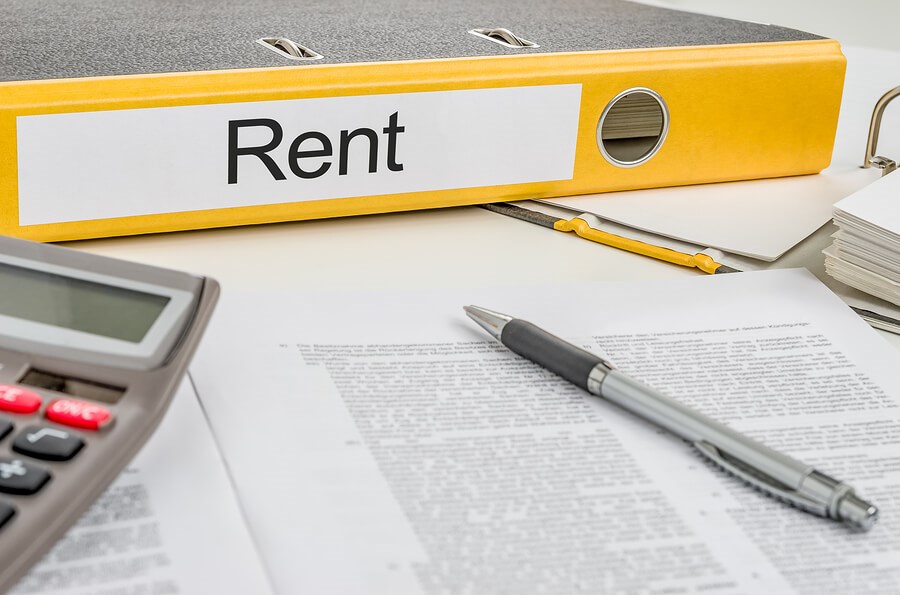Do You Have Time to Become a Landlord?

Becoming a first-time landlord can be an appealing prospect. However, it doesn’t suit everyone. If you’ve recently inherited a second property or have moved in with your partner/new spouse and aren’t sure about what to do with your old house, keep reading to learn more about the time implications of being a private landlord to determine whether it’s right for you.
Before Letting Your Property
You can’t just decide to rent out a property and get tenants in the next day. There are many laws and regulations you need to be aware of (and comply with) before drawing up agreements and handing over the keys.
Paperwork
When you’re new to letting out property, you probably won’t be aware of all the regulations, and paperwork you’ll need to complete.
First of all you need to register as a landlord with your local authority, then you’ll need to make sure your property complies with the various safety regulations concerning gas, electricity and more.
On top of that, you may need to apply for a license for multiple occupancy (HMO), and you’re required to lodge the rental deposit with one of the three approved schemes in Scotland.
You’ll also need to ensure you’re prepared for keeping records for HMRC, as any profit on your rental income is liable for tax.
Making the property ‘tenant-ready’
The property you’re renting out must meet the Repairing Standard which covers the minimum conditions expected.
Depending on the current state of your property, it could take you a bit of time and money to get your place in order. There may be major issues such as leaks from the roof or more minor ones including replacing furniture that’s not fit for purpose.
While Your Property is Being Rented
Depending on which route you choose to go down, there are still things you may need to be aware of that will eat into your time when letting out a second home.
Letting agent or DIY?
If you’re thinking of renting out just one property, you may be considering managing it yourself rather than using a letting agent.
As the landlord, you’ll be responsible for ensuring your property is maintained to an acceptable standard. You need to ask yourself if you’ll have the free time to respond quickly to any issues that may arise in your property as well as arranging any required repairs.
Depending on your current lifestyle and commitments, it may be wiser to instruct an agent to manage your property for you. For example, if you have a young family, responding to an emergency repair call in the evenings may not be practical.
Keeping up-to-date with regulations and legislation
Landlords have a responsibility to make sure they’re complying with the necessary laws and regulations. It’s no defence to say you were ‘too busy’ to keep up with the latest developments.
If you’re juggling a career, a family and whatever else, keeping track of developments in letting legislation may not be at the top of your ‘to do’ list, but is essential if you don’t want to put yourself and your tenants at risk.
At the End of Each Tenancy
Even as a tenancy is coming to an end, you’ll need to find the time to carry out a number of different tasks when you’re managing your own property.
Finding new tenants
When your tenants give you notice they’re moving on, you’ll need to start the process of finding new people quickly in order to avoid any voids in your rental income.
Of course it’s not just a case of finding tenants, they need to be the right tenants with good references. If you’re looking after this part of the process yourself, it can become very time consuming and frustrating if you can’t find suitable people.
As part of your incumbent tenants leaving, you’ll also have to carry out an inspection which may unearth issues that need addressed before the property can be rented out again.
More paperwork
When new tenants are ready to move in you’ll need to give them a copy of the Tenant Information Pack and ensure your safety certificates etc. are all current and valid from the move-in date.
Another thing on your list should be to carry out an inventory check before your new tenants are in place so everyone knows exactly what’s in the property when they move in.
Summary
There’s a lot more to becoming a private landlord than meets the eye. If you’re already pushed for time in your day-to-day life, you may want to consider using a letting agent, or perhaps selling your extra property now and using the money for something else.
If you do decide to go down the DIY private landlord route, hopefully you now have a better idea of what to expect
Get in touch with us now to discuss your property options.
